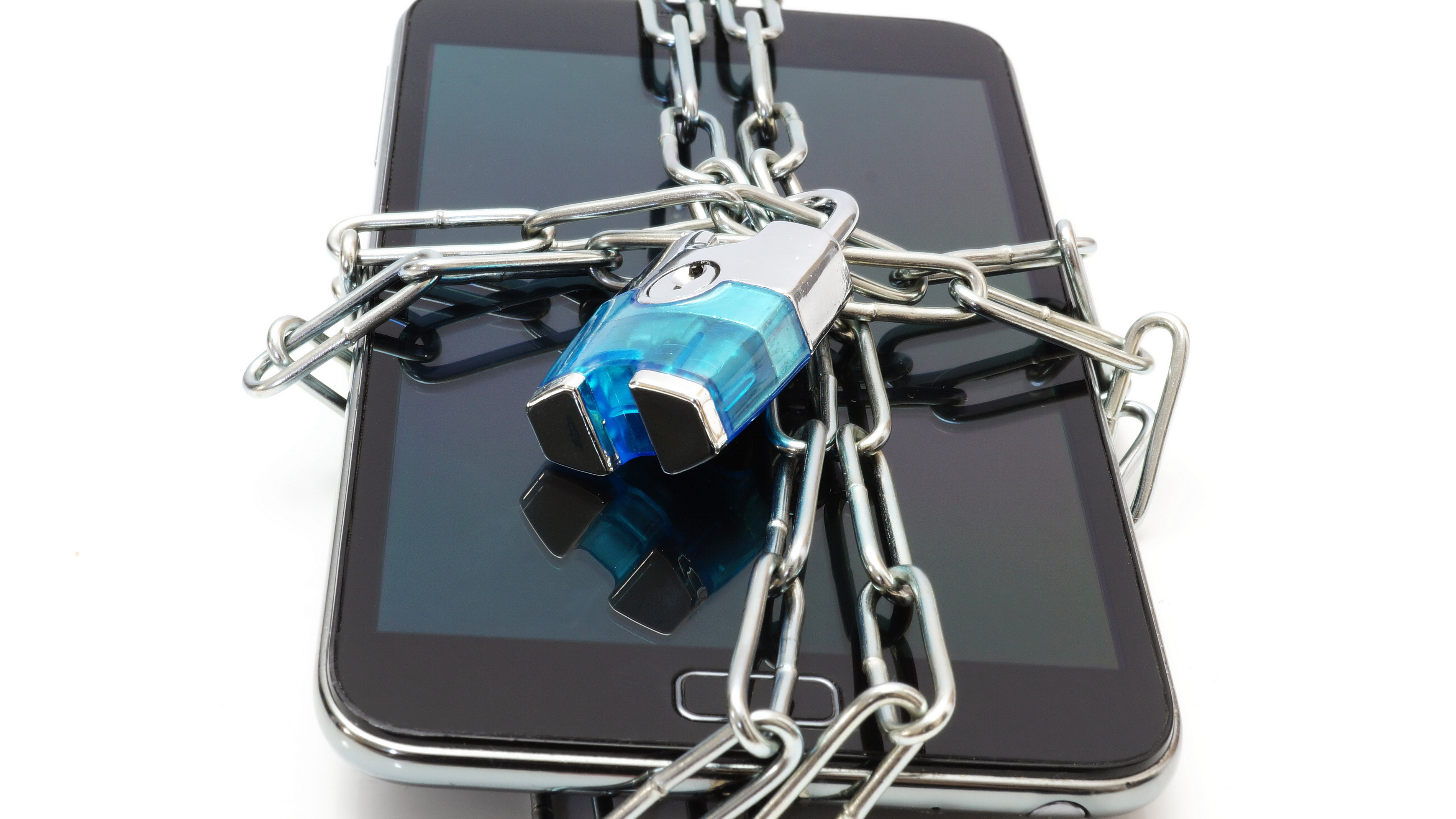
The Federal Communications Commission (FCC) has proposed that all mobile providers will be required to unlock mobile phones within 60 days of initial activation. The agency will convene on July 18 to discuss and vote on the “proposed Notice of Proposed Rulemaking on expanding unlocking requirements to establish a clear and uniform set of requirements for all mobile service providers”.
This is a big deal. The U.S. remains one of the few developed markets where most mobile carriers can lock the phones they sell and, typically, customers can only unlock their phones after meeting specific conditions, such as completing a time-based restriction (common with prepaid plans) or paying off a phone bought on an installment plan. Verizon is a notable exception: in 2007, Verizon agreed to unlock all phones to win the LTE C block of 700MHz spectrum. This was changed in 2019, when the FCC agreed that Verizon could lock phones for 60 days post-activation to prevent fraud. Since then, all phones sold by Verizon, including those under the prepaid Tracfone brand (acquired in November 2021), are automatically unlocked after 60 days.
As a result, the FCC’s new proposal would level the playing field for Verizon and the carrier clearly played a central role in this FCC announcement. In March, the carrier openly called on the FCC to review industry unlocking policies, arguing they were unfair to consumers. Verizon's stance has merit: some competitors' unlocking policies are indeed inequitable. T-Mobile's postpaid unlocking practices are relatively fair, automatically unlocking phones once they're paid off (typically in 24 months, as the carrier does not offer 36-month financing). However, T-Mobile’s prepaid arm Metro’s new Flex program extended the lock period from 180 days to 365 days after activation. AT&T's practices are more complex and self-serving; AT&T requires users to manually unlock devices even after they’re paid off after three years (as the carrier offers 36-month financing).
If enacted, the FCC’s proposed rule will grant consumers more freedom but comes with potential downsides. Shorter unlock periods could lead to fewer promotional subsidies, impacting phone upgrades. With fewer subsidies, the already declining upgrade cycle could extend further, especially among prepaid customers who might delay upgrades. Nonetheless, a slight increase in prepaid churn is expected as carriers will no longer be able to lock smartphones for a set period.
The postpaid market will be less affected by this change, as long-term payment plans already serve as a deterrent to churn. However, industry-wide implementation of the 60-day policy could enable low-cost postpaid providers, such as cable MVNOs, to target a larger customer base since most new line activations in these services are BYOD (Bring Your Own Device). Promotions offering to pay off existing phone debt for new customers may become more common. At the same time, the trade-in market could benefit from shorter unlock periods. Locked phones have limited resale potential, but with mandatory unlocking, carriers can refurbish and resell these devices, creating a “second life” opportunity.
But unlocking phones quicker does not just impact the devices themselves. Unlocked devices, combined with eSIM can offer greater flexibility for consumers. For example, international travelers can use local SIM cards instead of paying $10 to $12 daily roaming fees: great for consumers, but it could certainly put a dent in roaming revenues for carriers that have longer lock-in periods.
Additionally, the change is expected to boost the adoption of eSIM-based network test drives, like those offered by T-Mobile and Verizon. Currently, about half of U.S. smartphone users are aware of eSIM activations, and a quarter are interested in free network test drives. The addressable market for these test drives has been limited due to the need for an unlocked phone; a change in unlocking policy would significantly expand this market.
While the outcome of the FCC vote remains uncertain, if the proposal passes, Verizon will benefit by aligning its prepaid subsidies with those of its competitors. Verizon has struggled with prepaid subscriber losses since acquiring Tracfone, partly due to the inability to offer aggressive promotions on its “unlocked” phones given the high churn rate among prepaid customers. And while this move could be perceived as an amnesty for Verizon, it's important to note that many other mobile markets have already abolished SIM-lock practices (Canada banned them in 2017). So perhaps this is really a case of the US coming into line with other markets, helping to unleash some of the benefits of eSIMs.